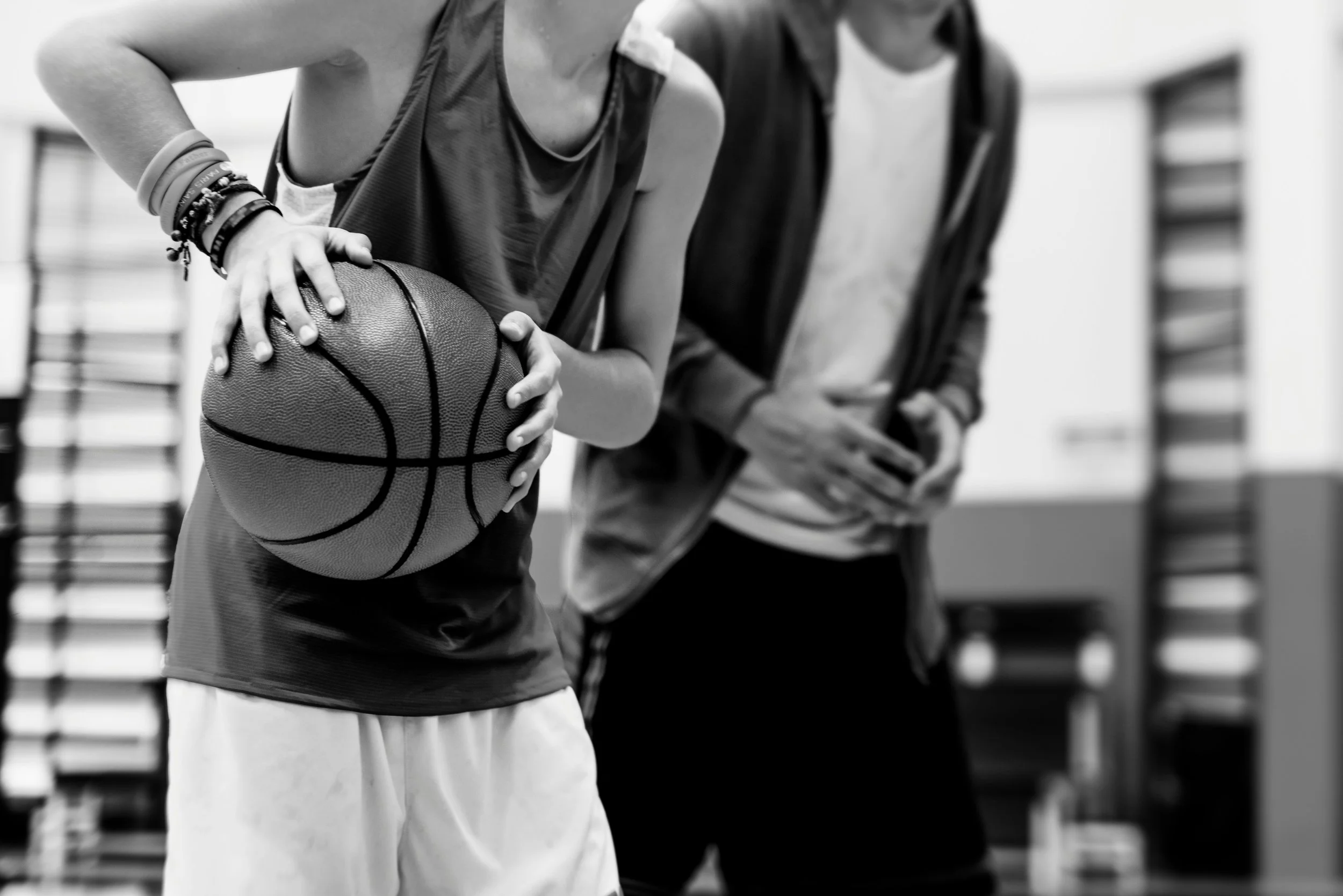POLYVAGAL INFORMED COACHING
POLYVAGAL INFORMED COACHING
a paradigm shift in performance psychology
Polyvagal Theory, developed by Dr. Stephen Porges, offers a groundbreaking framework for understanding the body's autonomic nervous system and its impact on emotional regulation, social connection, and trauma.
Polyvagal Theory teaches us that the vagus nerve plays a central role in how we respond to stress and safety, influencing our physiological state and emotional well-being. It emphasizes the importance of the body’s "neuroception" — the unconscious detection of safety or threat — and how this shapes our reactions to the world around us. By understanding these processes, we can develop more effective strategies for managing stress, fostering resilience, and promoting healing, especially in the context of trauma and emotional dysregulation.
“When challenged, the regulation of the autonomic nervous system sequentially degrades to older circuits as an adaptive attempt to survive.” -Stephen Porges
What is Polyvagal Theory? | Polyvagal Institute
The nervous system has four core needs:
The need for safety
The need for connection (interconnection)
The need for activation (to be safely mobilzed)
The need for rest (to be safely deactivated)
When one or more of these needs are not met or insuffiently met, our system will engage energy to self-protect rather than thrive and grow.
Mental Strength, Mental Skills, and Mental Health, are just as important
as Physical Strength, Skills, and Health!
The reason? To be the best you as an athlete and person. These sports psychology strategies can translate out of your sport into other arenas of your life, long after the season is over. For example, who wouldn’t want to be able to handle stress and pressure more effectively? Bounce back quicker after a set back? Rise to the occasion of tryouts or the big game vs. collapsing under pressure? Do not let the negative self-talk, doubt, worry or overthinking weigh on you robbing you of your confidence and enjoyment. Instead, replace it with power thoughts to help build confidence and consistency! Like the athletes above, you may agree this area–the mental game– is important, but you may be stuck on the how do I do this? I would love to help.
I work with athletes to create practical, personalized Mental Workouts they can do before practices and games to enhance consistency, confidence, and performance.
Mental Skills Training + Imagery
What is Imagery?
Imagery means using the senses to create or re-create an experience in one’s mind. As atheletes - it is possible to experience all the sensory skills related to your sport during practice. Imagery is a product of your memory system. Visualization is picturing or seeing yourself but imagery is not only limited to vision. More then two hundreed studies have shown that imagery is effective in improving performance across a variety of sports. My goal is to help my athletes develop sensory awareness and a greater sense of mindfulness. . We will design practice activities to help you become more aware of your sensory experience as you perform. As well as develop an imagery training program to improve your performance - it’s not something extra athletes should do but an integral part of the sport experience. There are three parts to this program: The Education Phase, The Acquisition Phase and The Implementation Phase.
